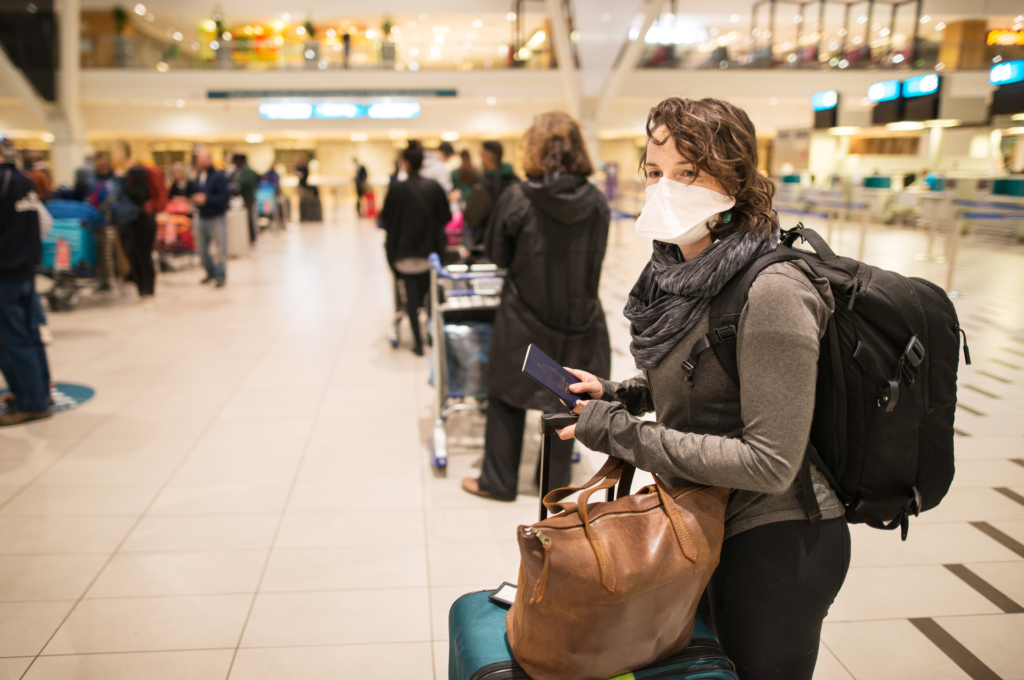As the number of confirmed coronavirus cases rises in the Greater Houston area, and with a vaccine still a long way away, researchers from the University of Houston have found an ingenious solution that may prevent COVID-19 transmission in enclosed environments such as homes, schools, offices, airports, hospitals and businesses.
Zhifeng Ren, director of the Texas Center for Superconductivity at UH, collaborated with Monzer Hourani, CEO Houston-based medical real estate development firm Medistar, and other researchers to design a “catch and kill” air filter that can trap the virus responsible for COVID-19, killing it instantly.
According to researchers, virus tests conducted at the Galveston National Laboratory found 99.8% of the virus that causes COVID-19 was killed in a single pass through a filter made from commercially available nickel foam heated to approximately 392 degrees Fahrenheit.
The filter also killed 99.9% of the anthrax spores in testing at the national lab, which is run by the University of Texas Medical Branch.
While much is still unknown about COVID-19, scientists have found that airborne transmission via air-conditioning systems poses a significant threat in the continued escalation of the pandemic. Since the virus can’t survive past the threshold of 158 degrees Fahrenheit, the electronically heated filter, which satisfies the requirements for conventional HVAC systems, potentially paves the way for preventing transmission of COVID-19 and other infectious airborne agents in enclosed spaces.
“This filter could be useful in airports and in airplanes, in office buildings, schools and cruise ships to stop the spread of COVID-19,” said Ren in a press release. “Its ability to help control the spread of the virus could be very useful for society.”
Calling for a phased roll-out of the device beginning with high-priority venues where essential workers are at elevated risk of exposure, the hope is that the filter will improve safety for frontline workers in essential industries — and eventually for nonessential workers returning to the workplace.
“This novel biodefense indoor air protection technology … will be on the forefront of technologies available to combat the current pandemic and any future airborne bio-threats in indoor environments,” said study co-author Dr. Faisal Cheema in the press release.
Medistar executives, who approached the Texas Center for Superconductivity in late March for help in developing the concept, are already proposing a desk-top model capable of purifying the air in an office worker’s immediate surroundings.

